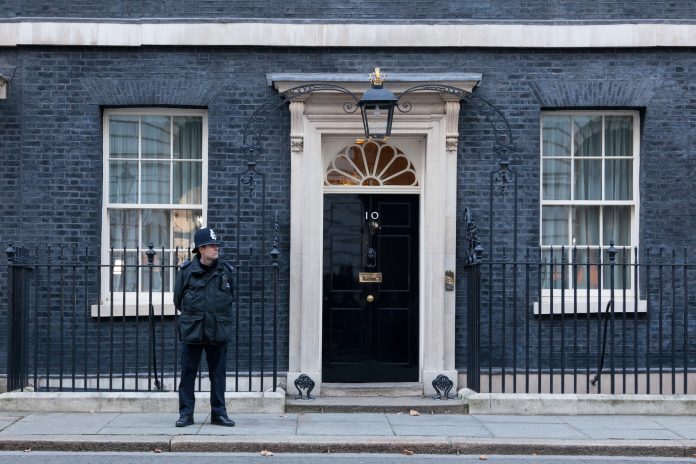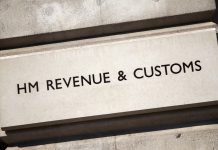In a highly anticipated tax cuts announcement today, Chancellor Jeremy Hunt revealed plans for a 2p cut to National Insurance Contributions (NIC)
This could save workers £900 a year combined with a previous tax cut announced last autumn and £450 per year on its own.
Is this tax cut the best thing for the UK?
Some economists have warned that these cuts could lead to more tax rises in the future.
The decision to cut National Insurance rather than opting for a more expensive reduction in income tax comes after concerns about the state of public spending and the national debt.
Adam Corlett, principal economist at the Resolution Foundation, emphasised the huge questions surrounding the necessity for these cuts, particularly in light of the ongoing need to reduce national debt and support public services.
To partially offset the cost of the tax cut, the Chancellor has proposed a series of tax increases, potentially targeting areas such as business class airfares and vaping products and extending the windfall tax on oil and gas producers.
Is the tax cut beneficial to everyone?
Despite some economists’ concerns, Hunt sees the tax cut as a way to stimulate economic growth. He emphasised that lower taxes lead to higher growth, more opportunities and increased prosperity. Some have argued that tax cuts could worsen existing disparities and fail to address important issues such as declining living standards.
Labour’s shadow chancellor, Rachel Reeves, criticised the government’s handling of financial policy, accusing them of neglecting the nation’s needs in favour of short-term tax cuts.
Analysis of the Resolution Foundation showed the limited benefits of the proposed tax cuts, suggesting that only individuals earning between £27,000 and £59,000 annually would see a positive impact. Meanwhile, those earning below £27,000 or above £60,000 could face financial losses.
Targeted tax rises
Hunt is also expected to announce a series of targeted tax rises to help compensate for the cost, including limiting tax breaks for non-domiciled individuals and increasing taxes on certain products and services.
The Chancellor is further preparing to change predictions for departmental spending after the election, with plans to reduce budgets by up to 20% in unprotected areas such as justice and local government.
Despite the economic uncertainties, Hunt is also set to announce additional tax cuts, including a freeze on fuel duty and alcohol duty.
Speculation suggests the possibility of further relief for the hospitality industry, with potential temporary cuts in VAT and business rates for pubs, restaurants, and hotels.
The nation awaits further details on the proposal. Meanwhile, the government faces the challenges of balancing long-term tax cuts with long-term economic stability and social welfare.
Editor's Recommended Articles
-
Must Read >> UK government invests in AI-powered teacher support














